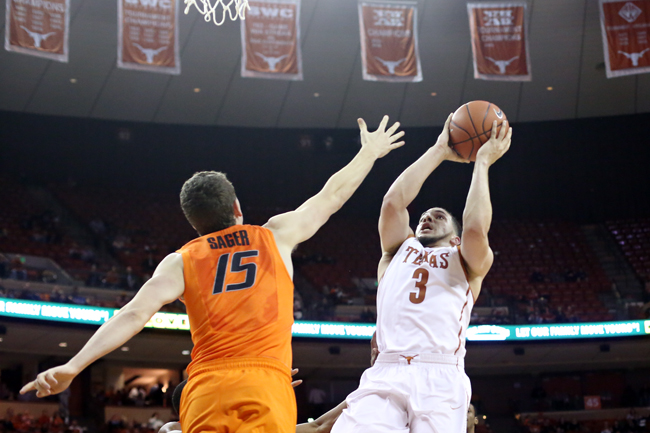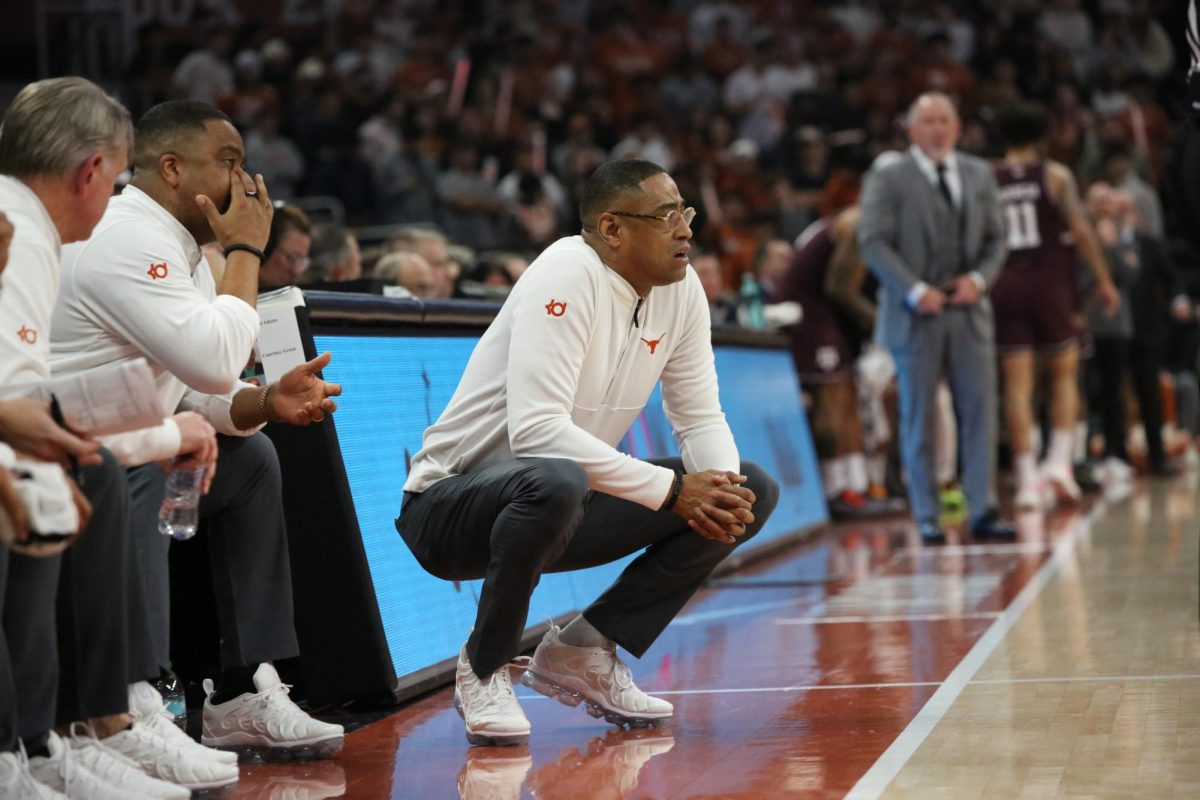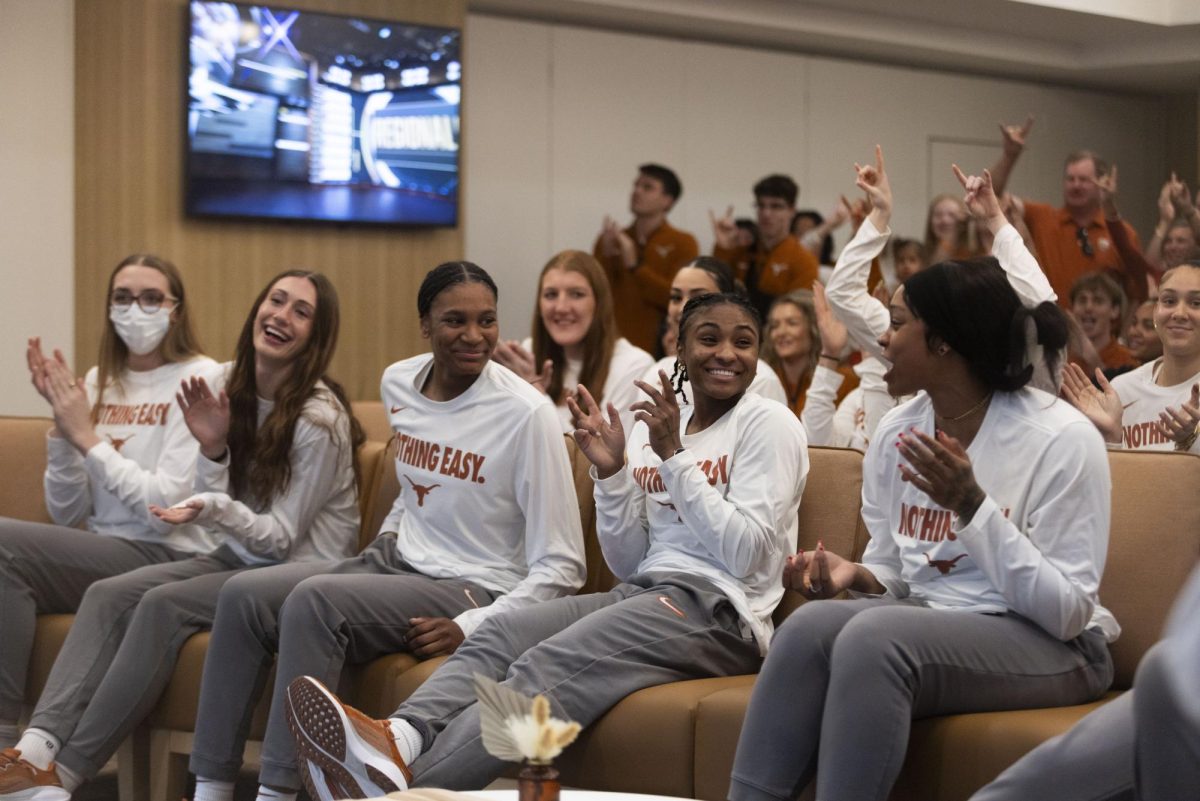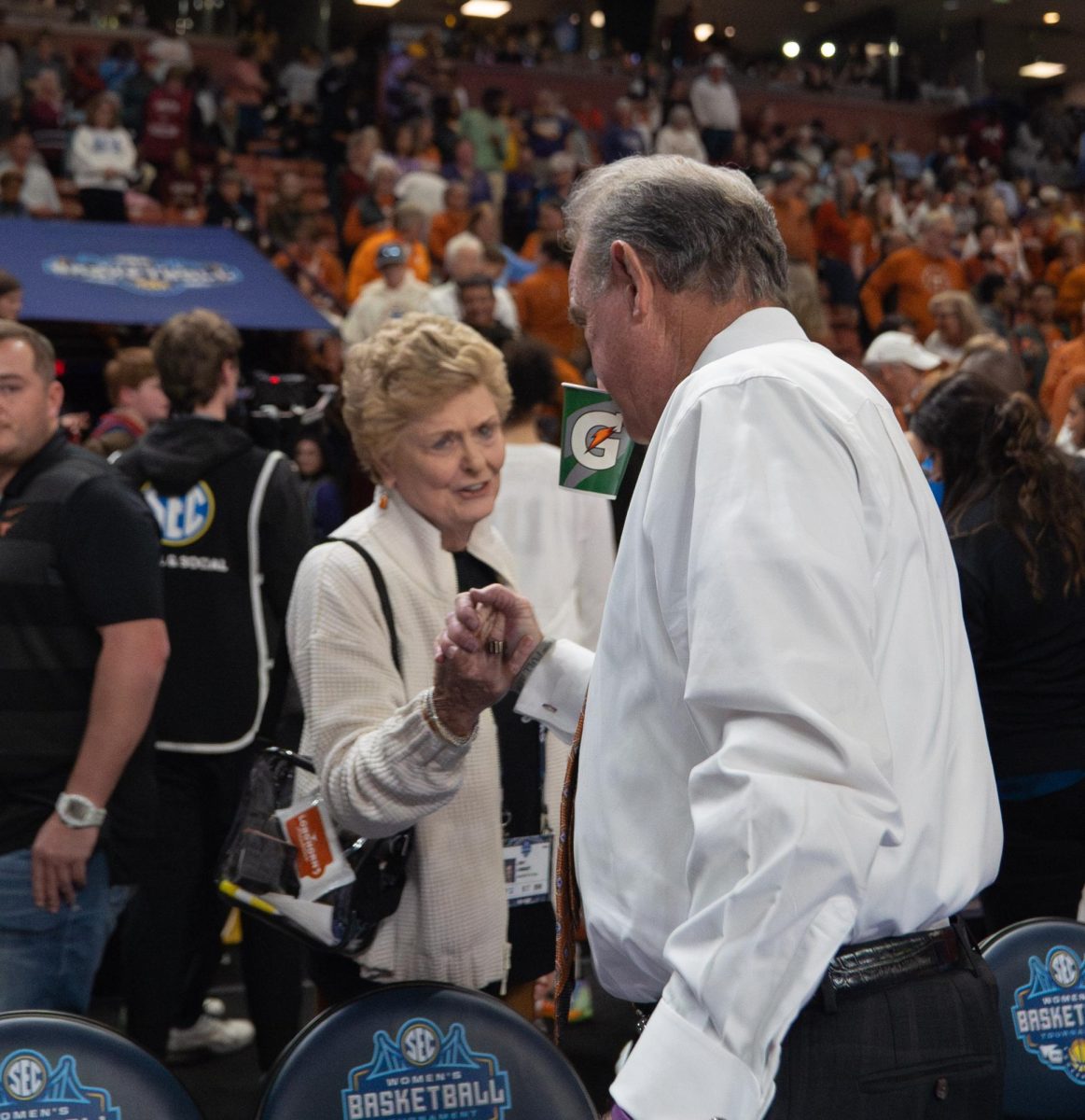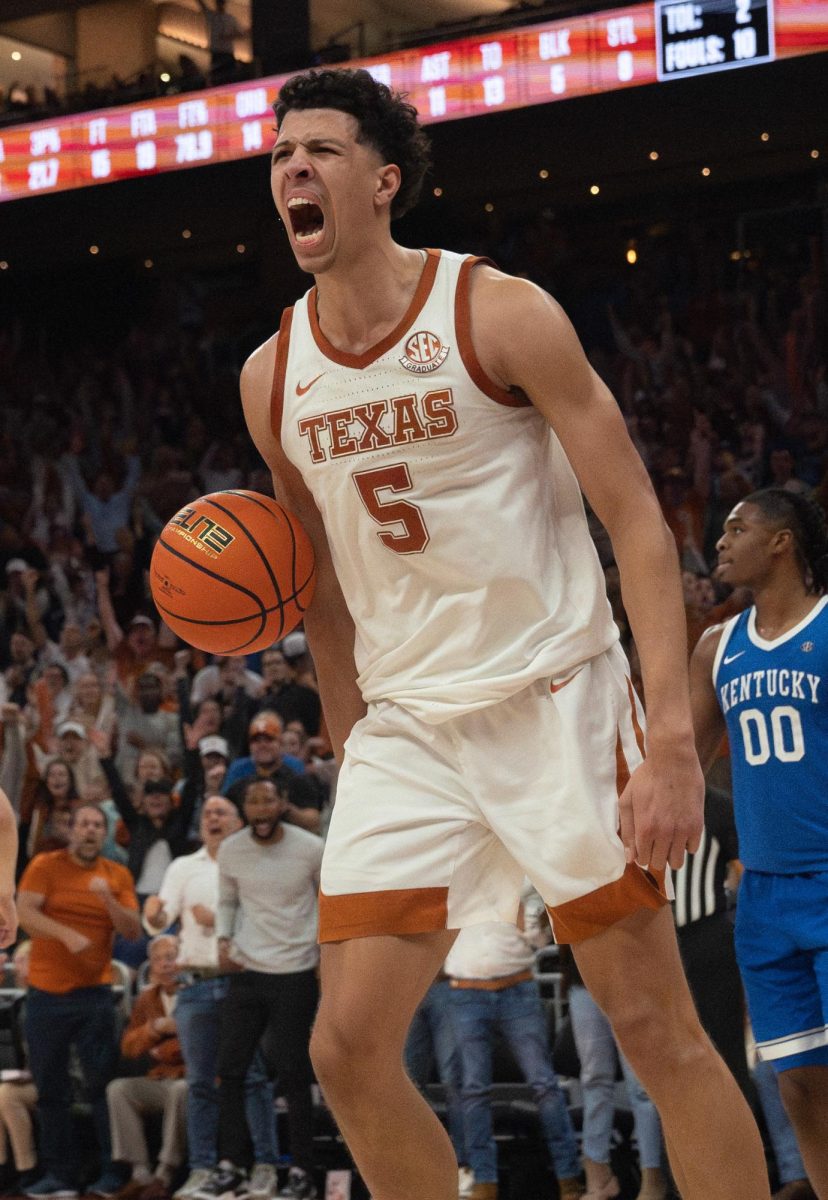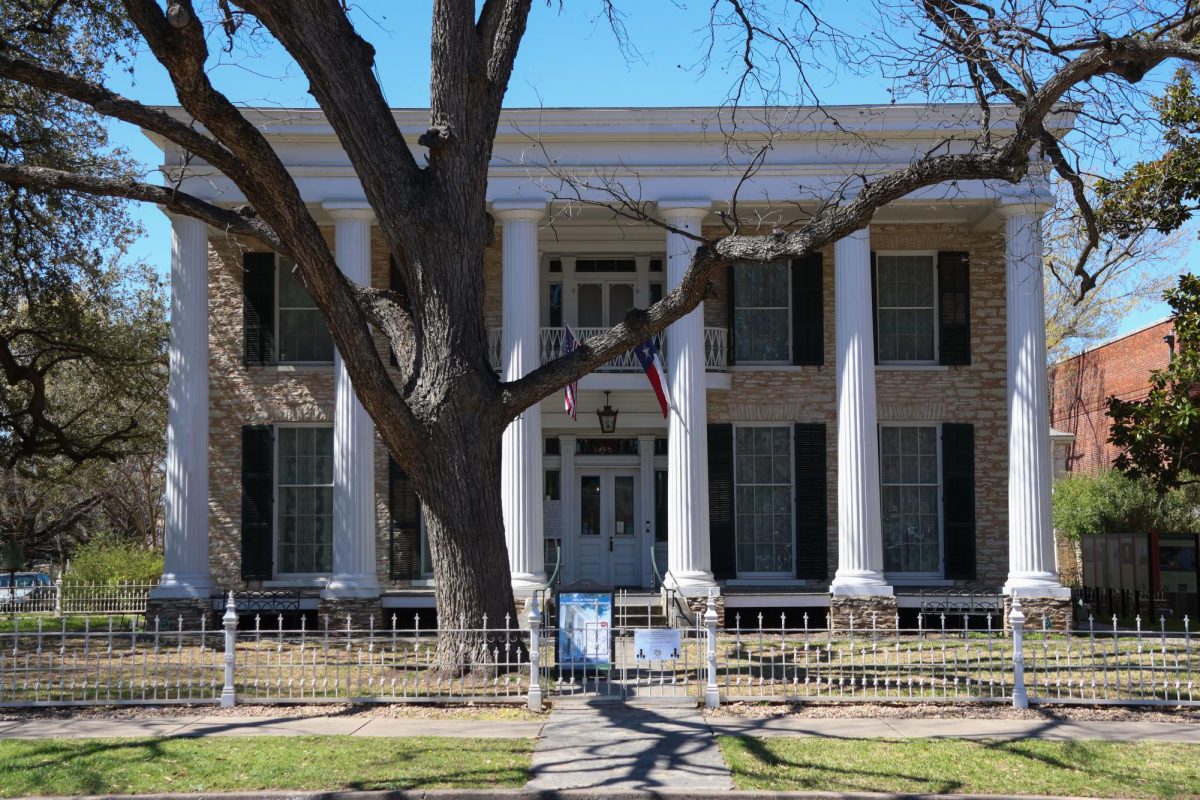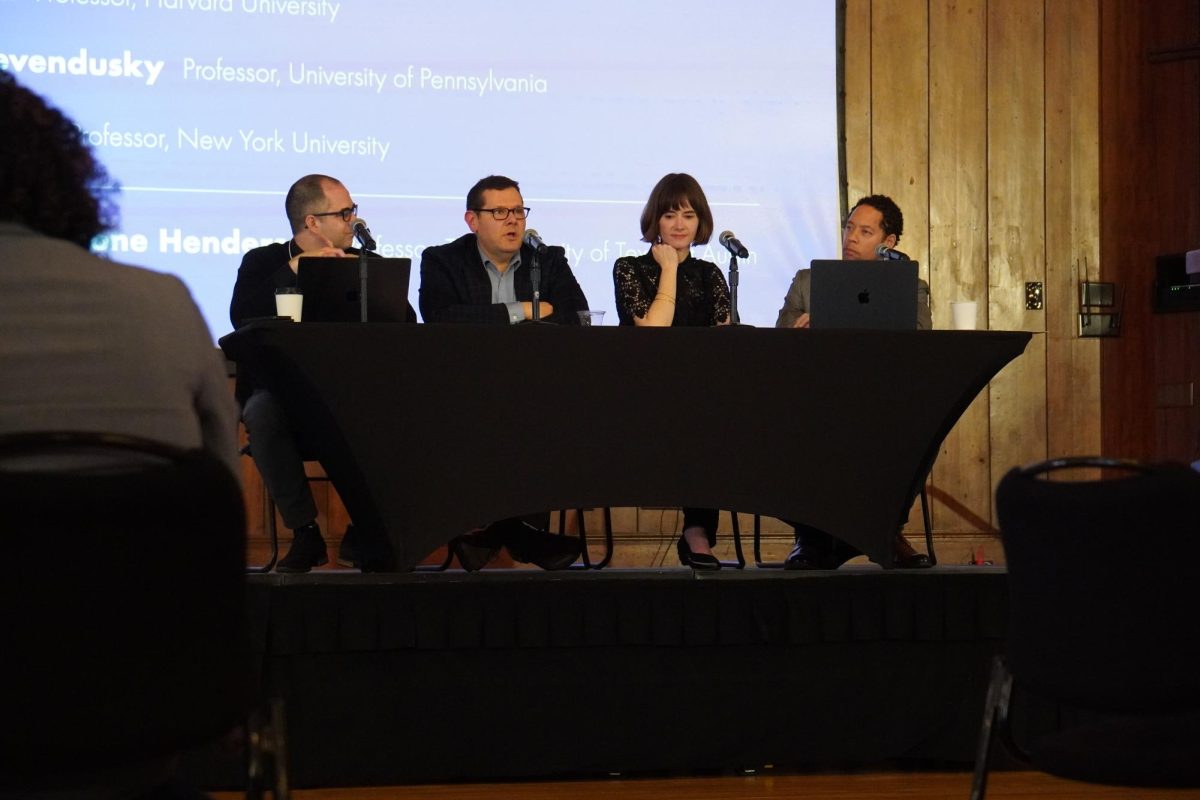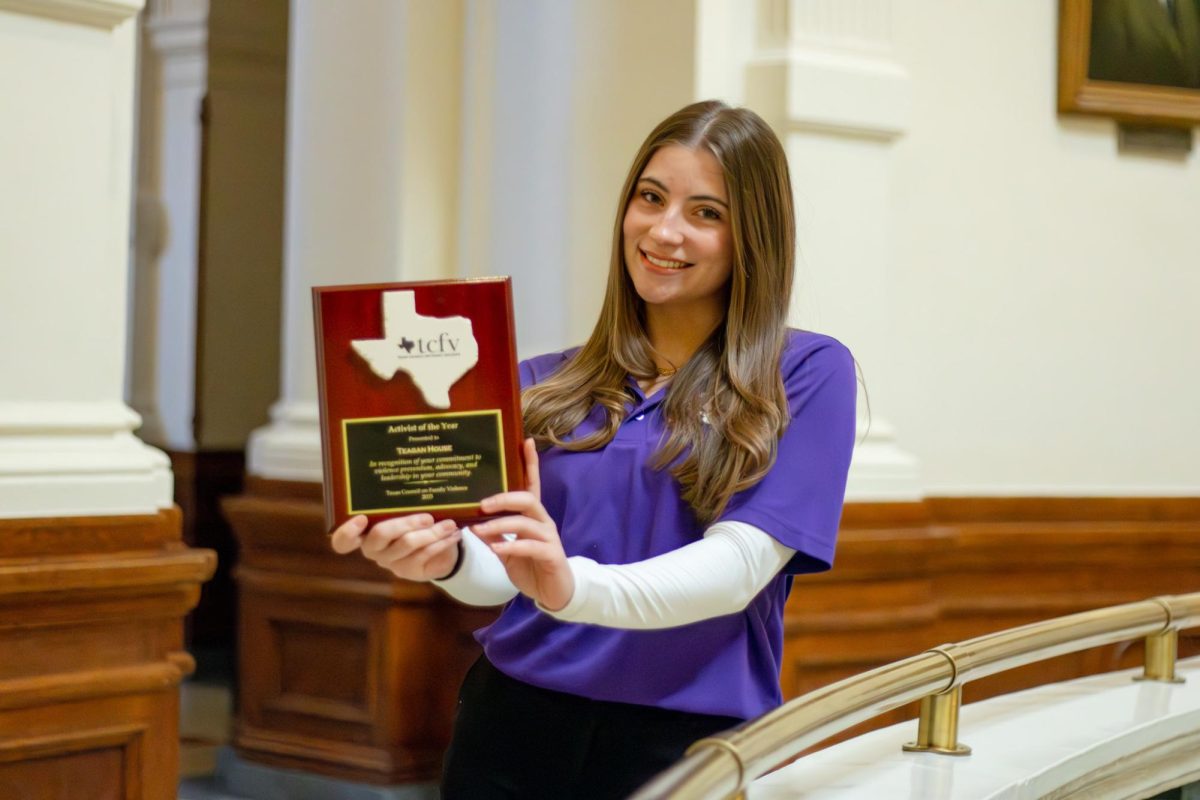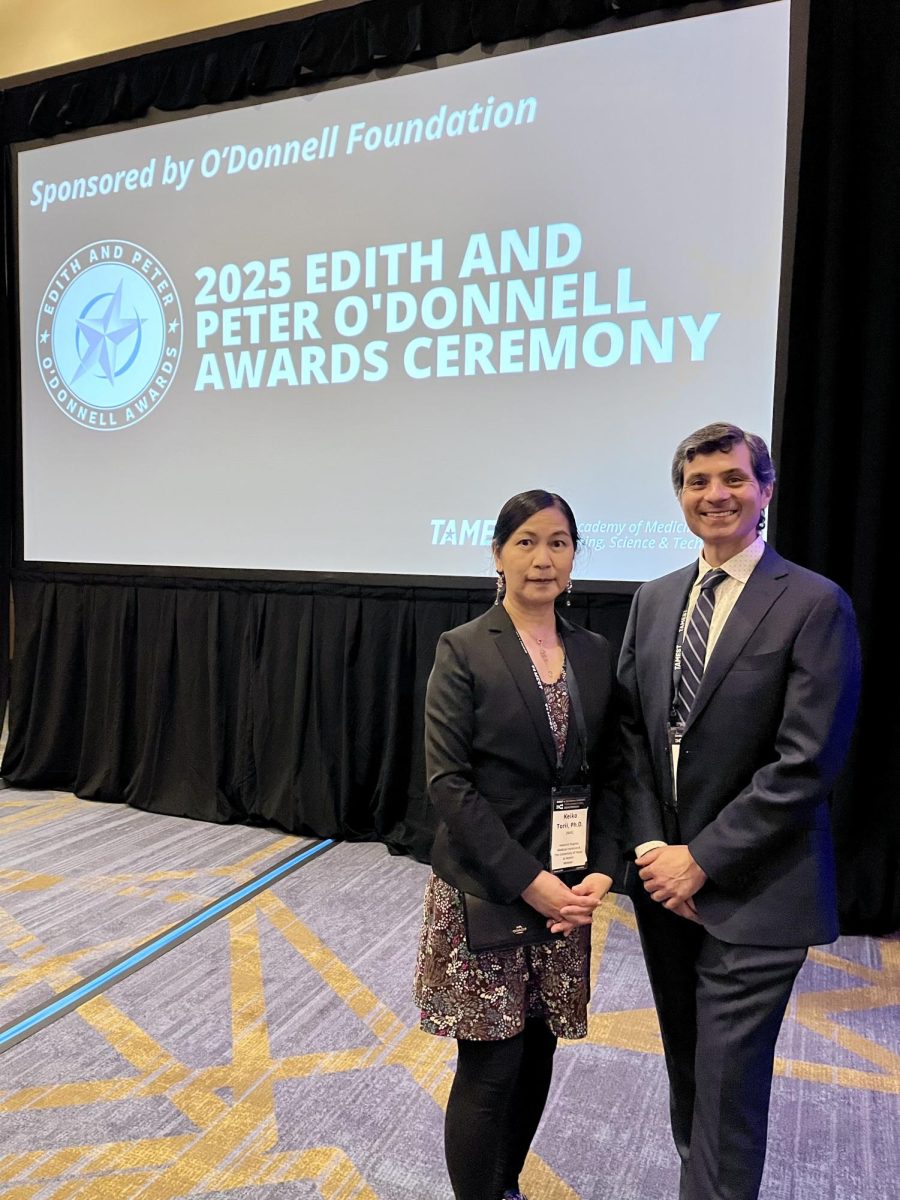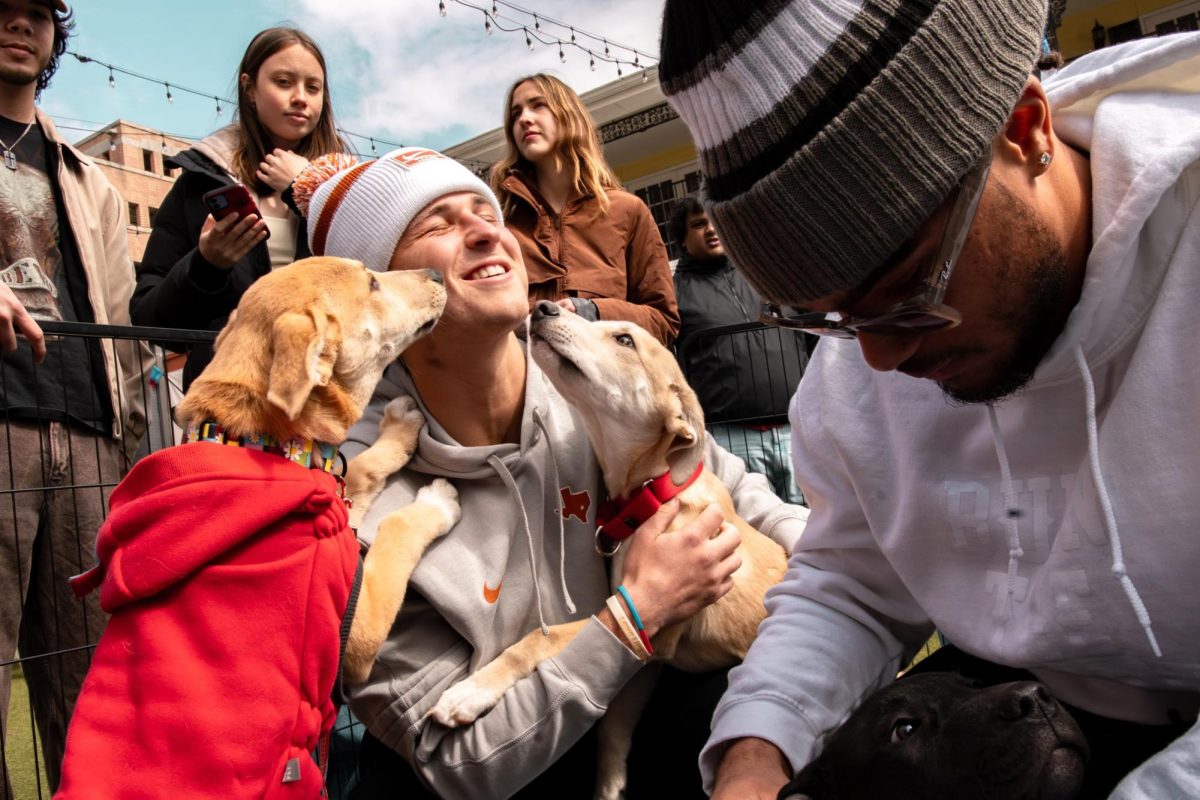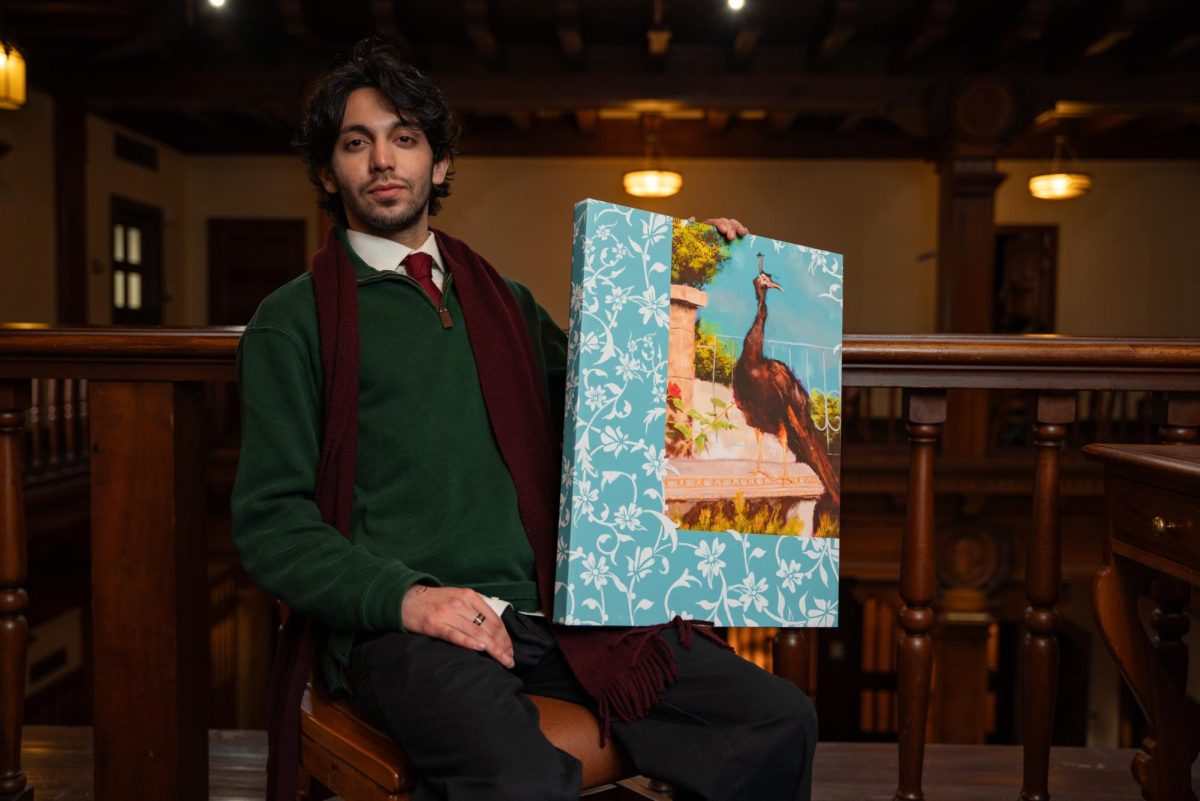When senior guard Javan Felix evacuated New Orleans, he and his family left nearly everything behind. Felix, then 11, brought just three sets of clothes.
“We left under the assumption that it was just another storm,” Felix’s mother, Tina, said.
Like 1.5 million others in August 2005, the Felix family responded to a forced evacuation in the wake of Hurricane Katrina. Driving to his grandmother’s house in Ellisville, Mississippi — a trip that usually took 90 minutes — Felix remembers seven hours of bumper-to-bumper traffic. He remembers when the interstate highway opened both lanes of traffic to flow out of the city. They were “flooring for a little bit,” Felix says, until the double-wide jammed.
“That’s when I knew it was serious,” Felix said. “When all those people were out, trying to leave.”
In Mississippi, heavy winds blew a large oak tree onto Felix’s grandmother’s house. The family had to chop down the tree just to reach their car. When they reached the safety of Atlanta the following day, they could finally take a deep breath.
Felix and his sisters, Julia, Jaida and Jordan, went back to school. He resumed basketball. His parents tried to create a new normal. But for Felix, it didn’t feel like home.
“Moving from state to state, it wasn’t stable,” Felix said. “None of those places felt home. New Orleans, it was home — no matter if a lot of people were there or not.”
Come January, residents began trickling back to New Orleans. Felix’s dad, Rodd, who works as a federal probation officer, returned to the city. But the city infrastructure wasn’t ready for the family to return. Nearly 5 feet of standing water filled their house. Mildew covered the walls. The roof was badly damaged.
Rodd supervised contractors while living out of a FEMA trailer in their driveway. Felix and his sisters finished the school year in Mississippi, with Felix attending the same elementary school his mom once attended. On weekends, Rodd visited the family and traveled with Felix to basketball tournaments. He worked hard to remain a presence in their lives.
Felix stepped in to care for his sisters. Julia, the oldest, often bombarded the family with questions; each time, Felix answered her patiently to reassure her.
Beneath the veneer, he wasn’t as sure. When the family returned to New Orleans in June 2006, Felix was startled to find a broken city. Where were his friends? He wondered if he’d ever see them again.
“I was so hurt that none of my friends were back, … and I had to start over again,” he said.
That’s when basketball truly became a force in his life. Spending every day that summer at the high school gym nearby his house, Felix found an escape in basketball — a way to push the instability and constant flux out of his mind. Before long, he relied on the game to cope.
“I didn’t want to be inside just thinking about everything,” Felix said.
The more he went to the gym, the better Felix played. He learned to compensate for his height — even in college, he hasn’t hit 6 feet — and carried his new resilience onto the court. D.J. Augustin, another New Orleans native, became a friend and mentor. Before long, Felix’s skill set and Augustin’s influence pushed Felix to Texas.
Since he arrived in Austin, Felix has averaged 9.1 points in 99 games. Basketball continues to be an escape, and he now uses his Katrina resilience to rebound from missed shots and poorly executed plays.
“People say … that I’m really confident about my game,” Felix said. “I am confident in myself, but it’s just me putting the bad plays and the bad stuff that happened behind me.”
Although it seemed apocalyptic when he left New Orleans, Felix knows he wouldn’t be the player he is today had he not spent the summer of 2006 drowning out his thoughts on the court. Largely because of the storm, he’s traded in those three sets of storm clothes for a constant stream of jerseys. Right now, he thrives in burnt orange.
“I was [playing] on accident to get away from all the different things,” Felix said. “But it stuck with me as a habit all the way until now. … [The hurricane] wasn’t a good thing. But it definitely helped us grow as people.”

